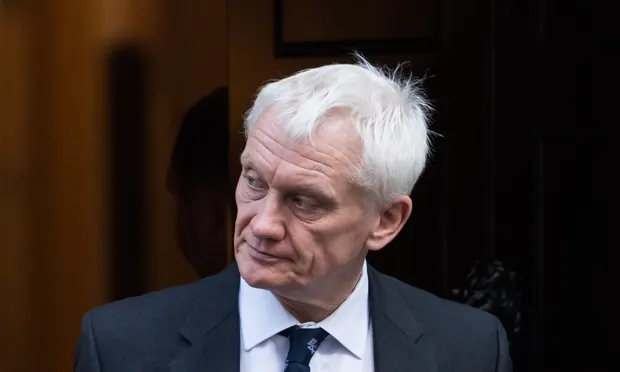The energy minister chose to place the blame on the “dire situation” left over by the Labour government rather than apologize for the skyrocketing household bills.
On Monday, it was revealed that after the government stops providing grants, the typical consumer’s annual energy bill will increase from £2,100 to roughly £3,000. The cost of gas is the primary cause of the price increase.
At the Conservative Environment Network’s (CEN) net zero conferences on Monday in Westminster, Graham Stuart refused to apologize to the British people for rising prices.
When asked by the Guardian if he would take responsibility on behalf of the government for sluggishness on insulation, heat pump installations, and renewables investment, he refused and instead criticized the previous Labour government, which was last in office in 2010.
Read Also: moot-charges-govt-to-tackle-climate-change-implications
He said the Conservative action on energy efficiency “has been transformational since the rather dire position we inherited both on renewables and efficiency from Labour”.
When it was pointed out that Conservative MPs were among those who had criticized the government’s lack of action, he said: “That’s exactly why it’s so good to have CEN members of parliament, because they push the government to go further.”
The shadow climate minister, Kerry McCarthy, said: “Graham Stuart is living in a fantasy world. It was the Conservatives who crashed the market for onshore wind, costing British families £150 in higher bills. It was the Conservatives who gutted energy efficiency programmes, to the extent that installation rates are 20 times lower than under the last Conservative government. And it was Conservatives whose own net zero strategies is so poor that the UK’s own courts deemed it unlawful.
About £2.1bn remains unspent of the £6.6bn that was supposed to be used between 2020 and 2025 on making buildings more energy efficient and decarbonizing heat. The funding is part of the £9.2bn that was promised for such spending in the Conservative general election manifesto of 2019.
Story was adapted from The Guardian
